Apps are becoming an increasingly important way to communicate and access the internet through our phones, tablets and TVs. We use them to play games, send messages, check the news and weather and use maps and navigation services. Increasingly we are also using them to do our
banking.
While apps provide a simple and easy means of accessing great content and services, it's important to be aware of how to use them safely and securely.
Here are some tips to help you make the most of your smart device and apps and how to use them with confidence. This guide has been produced by Ofcom in association with the Information Commissioner's Office, the Competition and
Markets Authority, PhonepayPlus and the Financial Conduct Authority.
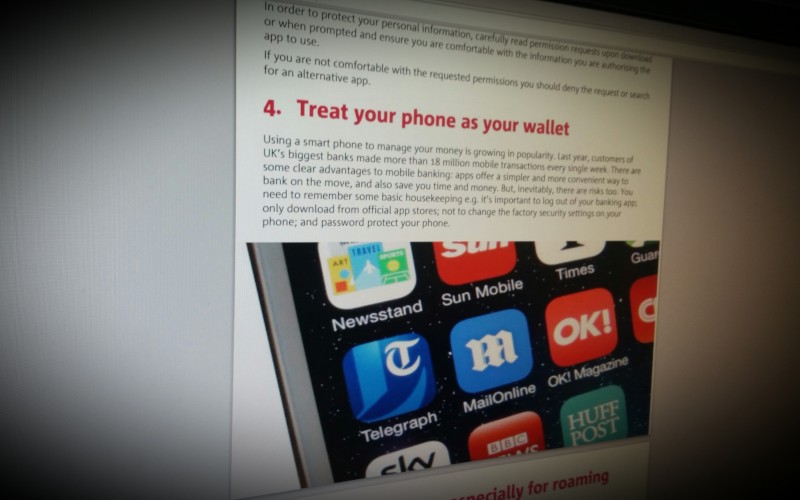
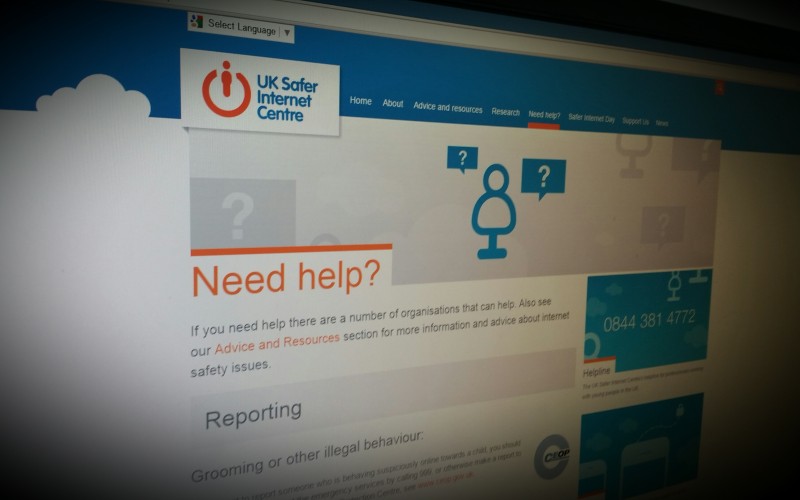
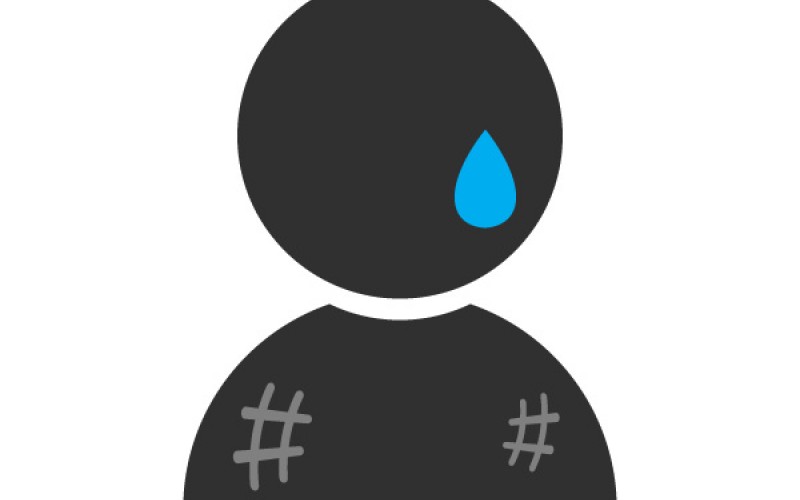
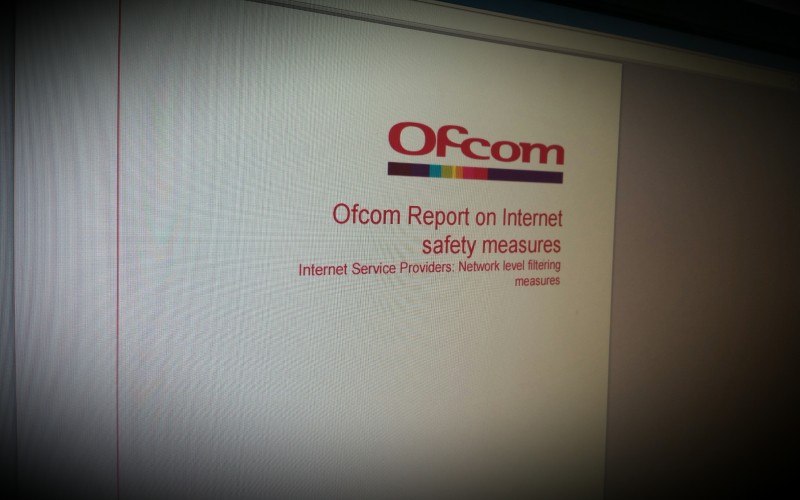
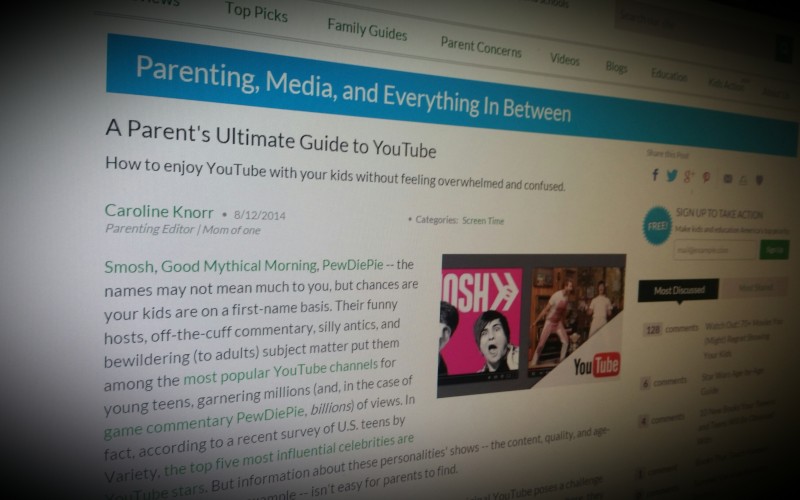
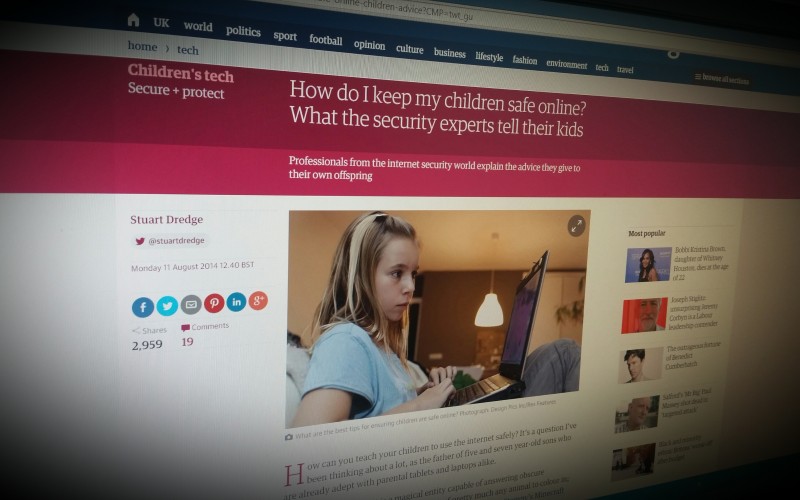
Comments
make a comment